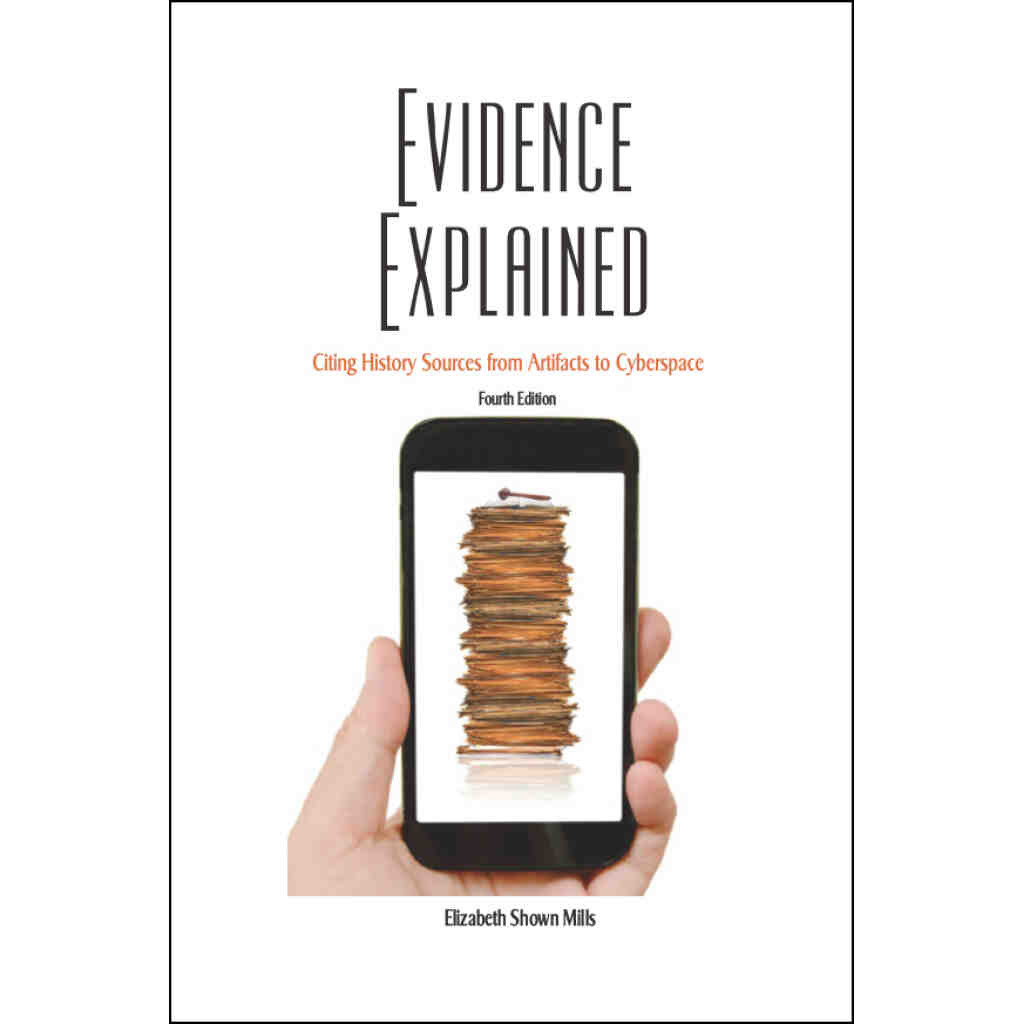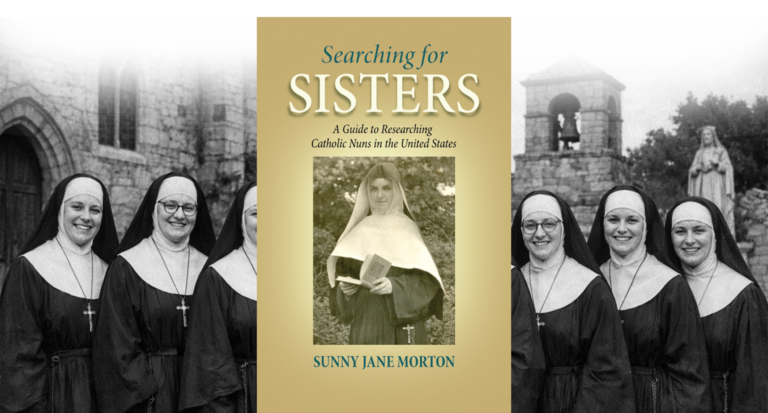
Using One’s Self as a Source – by Elizabeth Shown Mills, CG, CG, FASG
Since 2007, Evidence Explained: Citing History Sources from Artifacts to Cyberspace has been the “Bible” for history researchers—offering not only citation models but also guidance in the analysis and use of sources. In this current blog series we are offering excerpts from Chapters 1 and 2 of EE’s fourth edition: Fundamentals of Research & Analysis, and Fundamentals of Citation & Style. Today’s post is the third of four.
As active researchers and writers, there is often a need—or at least a temptation—to cite ourselves as an authoritative source for a particular point. Whether it is appropriate to do so depends upon the circumstances.
On a personal level, we are a valid source only for events or circumstances that we personally experienced in a cognizant state. We cannot, for example, attest our own birth; although we were physically there, we had not developed cognizance. If we have no other authority, we can only attest that we were taught to celebrate our birth on a particular day of the year.
As researchers, citations to our own published work may or may not be justified. For some historical subjects there is a rich body of literature and a wide range of interpretations. In other instances, a subject may be so narrow that no one else has investigated it to the breadth and depth that we have—if at all.
Five questions can help us determine whether our own prior work can be appropriately cited as one form of “proof ” for our assertions:
- If we are citing a prior conclusion or proof argument, has that conclusion of ours been vetted and the argument published in a peer-reviewed journal? Assertions that have never been vetted are generally not considered to be authoritative.
- If we are citing underlying research reports, are those reports publicly available—at, say, a website where they can be immediately accessed and studied in depth?
- Are other authorities available? Is the topic a general one on which multiple people have published, including ourselves? Are opinions compatible, although each naturally will have varying nuances? If so, then citing ourselves may strike our readers as self-promotion.
- What is the scope and focus of our prior research? Is the topic a highly specialized one that no one else has addressed—say, a quantitative analysis of a community, or an intricately solved identity issue, or a reference work that is not otherwise available? If there is no one else to cite, then a reference to our own work would be entirely appropriate.
- Are our conclusions unique? Did our findings or conclusions correct or challenge other significant publications on the subject? If so, then citations to both would be appropriate.
In sum: if our own prior publications have gone into considerably more depth than our current piece of writing allows, then it would be reasonable to cite our prior work for a more in-depth discussion. We might also cite others who hold a counter view, to offer a balanced perspective.




